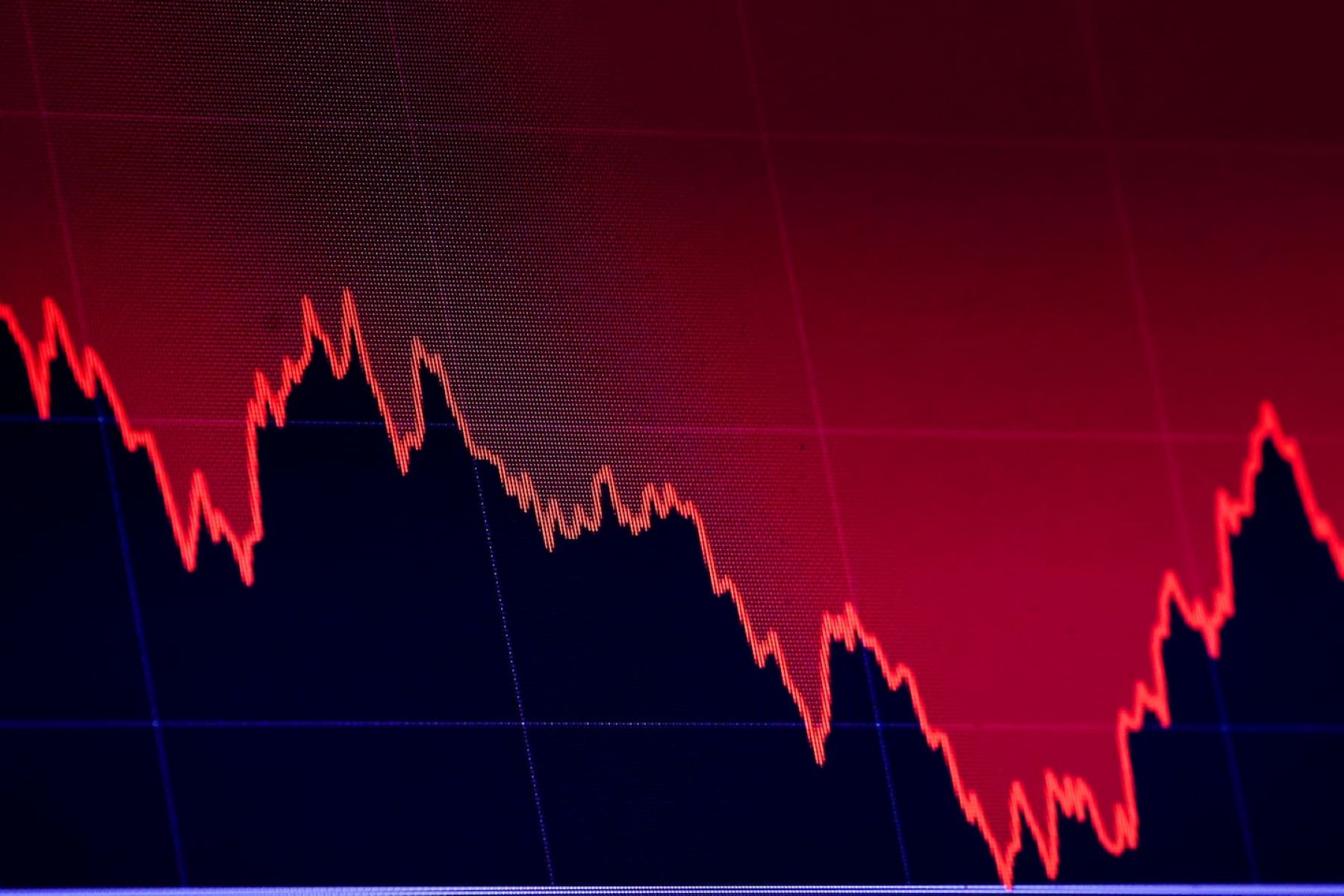
Stock markets can seem like a maze of numbers and jargon, but they play a crucial role in the global economy. Have you ever wondered how they work or why they matter? Stock markets are where shares of publicly traded companies are bought and sold. They help businesses raise capital and give investors a chance to own a piece of a company. From the New York Stock Exchange to NASDAQ, these markets are bustling hubs of financial activity. Understanding the basics can help you make informed decisions, whether you're a seasoned investor or just curious. Ready to dive into some fascinating facts? Let's get started!
The Origins of Stock Markets
Stock markets have a rich history that dates back centuries. Understanding their origins can provide insight into how they function today.
- The first stock exchange was established in Amsterdam in 1602 by the Dutch East India Company.
- The New York Stock Exchange (NYSE) was founded in 1792 under a buttonwood tree on Wall Street.
- The term "stock" comes from the Old English word "stocc," meaning tree trunk, which symbolized a firm foundation.
- The London Stock Exchange (LSE) began in 1801, making it one of the oldest exchanges still in operation.
- The Tokyo Stock Exchange (TSE) was established in 1878 and is one of the largest in Asia.
Key Stock Market Indices
Indices help investors gauge the performance of the stock market. They represent a collection of stocks and provide a snapshot of market trends.
- The Dow Jones Industrial Average (DJIA) includes 30 major American companies.
- The S&P 500 tracks 500 of the largest U.S. companies, offering a broader market view.
- The NASDAQ Composite includes over 3,000 stocks, mainly from the tech sector.
- The FTSE 100 represents the 100 largest companies on the London Stock Exchange.
- The Nikkei 225 is Japan's leading stock index, reflecting the performance of 225 top companies.
Stock Market Terminology
Understanding common terms can make navigating the stock market easier. Here are some essential terms every investor should know.
- A "bull market" occurs when stock prices are rising.
- A "bear market" happens when stock prices are falling.
- "Blue-chip stocks" refer to shares of large, reputable companies.
- "Dividends" are payments made by a company to its shareholders from profits.
- "Market capitalization" is the total value of a company's outstanding shares.
Famous Stock Market Crashes
Stock market crashes can have significant economic impacts. Here are some of the most notable crashes in history.
- The Wall Street Crash of 1929 led to the Great Depression.
- Black Monday in 1987 saw the Dow Jones drop by 22.6% in a single day.
- The Dot-com Bubble burst in 2000, affecting tech stocks dramatically.
- The 2008 Financial Crisis was triggered by the collapse of Lehman Brothers.
- The COVID-19 pandemic caused a sharp market decline in March 2020.
Stock Market Strategies
Investors use various strategies to maximize returns and minimize risks. Here are some popular approaches.
- "Buy and hold" involves purchasing stocks and holding them for a long period.
- "Day trading" focuses on buying and selling stocks within the same trading day.
- "Value investing" seeks undervalued stocks with strong fundamentals.
- "Growth investing" targets companies expected to grow at an above-average rate.
- "Dividend investing" focuses on stocks that pay regular dividends.
Stock Market Regulations
Regulations ensure fair trading practices and protect investors. Here are some key regulatory bodies and laws.
- The Securities and Exchange Commission (SEC) regulates U.S. stock markets.
- The Financial Conduct Authority (FCA) oversees the UK financial markets.
- The Sarbanes-Oxley Act of 2002 aimed to improve corporate governance.
- The Dodd-Frank Act of 2010 introduced significant financial reforms.
- The MiFID II directive regulates financial markets in the European Union.
Technological Advancements in Stock Markets
Technology has transformed stock trading, making it faster and more accessible. Here are some key advancements.
- Electronic trading platforms allow for instant stock transactions.
- High-frequency trading uses algorithms to execute trades in milliseconds.
- Blockchain technology offers potential for more transparent trading.
- Robo-advisors provide automated investment advice.
- Mobile trading apps enable investors to trade on the go.
Stock Market Psychology
Investor behavior can significantly impact stock market performance. Here are some psychological factors to consider.
- "Herd mentality" occurs when investors follow the crowd.
- "Overconfidence" can lead to excessive risk-taking.
- "Loss aversion" makes investors more sensitive to losses than gains.
- "Anchoring" involves relying too heavily on the first piece of information.
- "Confirmation bias" leads investors to seek information that confirms their beliefs.
Global Stock Markets
Stock markets operate worldwide, each with unique characteristics. Here are some notable global markets.
- The Shanghai Stock Exchange (SSE) is one of the largest in China.
- The Hong Kong Stock Exchange (HKEX) is a major financial hub in Asia.
- The Euronext is a pan-European exchange with operations in multiple countries.
- The Bombay Stock Exchange (BSE) is Asia's oldest stock exchange.
- The Australian Securities Exchange (ASX) is the primary exchange in Australia.
Fun Facts About Stock Markets
Stock markets have some interesting and quirky aspects. Here are a few fun facts.
- The NYSE has a market capitalization of over $25 trillion.
- The longest bull market lasted from 2009 to 2020.
- The "Fearless Girl" statue stands in front of the NYSE, symbolizing gender diversity.
- The "Flash Crash" of 2010 saw the Dow Jones drop 1,000 points in minutes.
- The term "stock market" was first used in the 16th century.
Final Thoughts on Stock Market Facts
Stock markets are fascinating. They play a huge role in our economy. From the New York Stock Exchange to the Tokyo Stock Exchange, each has its own quirks. Knowing these facts helps you understand how markets work. For instance, did you know the NYSE started under a buttonwood tree? Or that the Tokyo Stock Exchange uses a computerized system called arrowhead?
These tidbits aren't just trivia. They give you a deeper look into the financial world. Whether you're an investor or just curious, these facts can be eye-opening. They show how interconnected and complex markets are.
So next time you hear about a stock market surge or crash, you'll have a bit more context. Keep learning, stay curious, and who knows? Maybe you'll uncover even more intriguing facts about stock markets.
Was this page helpful?
Our commitment to delivering trustworthy and engaging content is at the heart of what we do. Each fact on our site is contributed by real users like you, bringing a wealth of diverse insights and information. To ensure the highest standards of accuracy and reliability, our dedicated editors meticulously review each submission. This process guarantees that the facts we share are not only fascinating but also credible. Trust in our commitment to quality and authenticity as you explore and learn with us.


